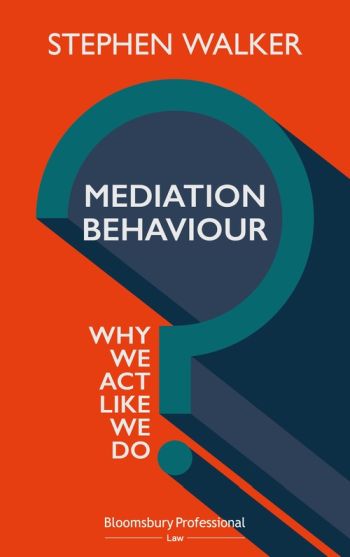
What is conflict? How does it arise? How can we prevent it?
Resolving conflict can end up costing the parties involved a considerable amount of money not only in relation to solicitors' and barristers' fees, court fees, expert witness' fees, etc, but also in time spent working on the resolution. There is also no guarantee that these costs will be fully recovered in any settlement agreement. It is, therefore, very important for parties in conflict to understand how to negotiate in order to reach the best outcome for all those involved they and the main part of this is understanding the psychology of conflict negotiation.
There is a lot of research available on this topic from behavioural economics and neuroscience to a lot of talk about cognitive biases and the dominance of emotion and whilst it is interesting, only some of it is relevant and, most importantly, is only useful if we understand how to use it when faced with conflict. How is it all used to benefit a conflict negotiation in practice?
Written from the point of the view of the disputing parties, their advisers and representatives and the mediators, Conflict Negotiation: The Psychology highlights only the relevant research, explains how to use it and illustrates how it works in practice through the use of detailed case studies, diagrams and visuals. It also looks at new techniques in negotiating conflict resolution.
Far from being an update and discussion of exisiting and exciting new research findings, Conflict Negotiation: The Psychology is experience based and arms those involved in conflict with the tools needed to negiotiate conflict successfully.